I’m not usually one to cry at TV shows, but the new three-part ITV series Breathtaking (based on Rachel Clarke’s 2021 memoir) is a brilliant, tear-inducing portrayal of the reality healthcare workers had to face during Covid-19. The series stars Joanne Froggatt as the main character Dr Abbey Henderson, an acute medical consultant who becomes overwhelmed during the peak of the epidemic working in a hospital surrounded by Covid patients. We follow her over the course of 10 months, from just before the first national lockdown, until Christmas 2020.
As a country, I feel we’ve forgotten about Covid far too quickly. It feels like a dream, a distant memory of what once was. Watching this show is the equivalent of ripping a plaster off a wound; all the memories come flooding back as the wound is exposed. The Guardian is calling it “powerful”, “a punch in the face” and “shockingly vivid”, and I couldn’t agree more. It’s easy to see this show as fiction. It’s not a documentary made with entirely real-life footage; it has actors. It’s a TV show. It’s a drama. But ITV don’t let you forget it was reality.
Every so often, particularly after an emotional part of the show, there are clips of the general public during the epidemic, and the politicians in charge. So whilst you’re crying over a young girl losing her mother to Covid, or a burnt-out nurse having to deal with telling people that they’re dying, you’re met with the sneering face of a politician like Boris Johnson, Rishi Sunak or Chris Whitty, saying things like: “There is no need for any of us not to go about business as usual”. Then your sadness turns to frustration and indescribable anger as you remember this is not an over-dramatised Hollywood-esque show. It was real. People died. And these people were the ones who let it happen.
I decided to get some insight into what it was like for real healthcare professionals working on the front lines during Covid, to see how well the show matched up with their experiences.
Joanne Kennedy was redeployed from a children’s respite service during Covid. She told me: “Mentally it was traumatic, the burden of worry that you’re going to pass Covid to a loved one was huge.” This was addressed throughout the show, as the main character couldn’t go home to see her family, missing key milestones for her children.
The show also covered political aspects of the Covid epidemic, mainly the policies implemented by the government to supposedly stop the spread of the virus. The healthcare workers in the show found them to be ineffective.
Kennedy agreed: “Due to the PPE shortage, there was a two week period where even face masks were not required. PPE was also incorrectly distributed. Staff we were entering different people’s homes daily with no additional protection.” She is also keen to express her view that the government should have implemented restrictions and PPE sooner, but she did say: “This was a global epidemic that no one had experienced,, it was new for everyone.”
The show also explored the Covid vaccinations and the hesitance surrounding them. I asked a healthcare worker, Jane Keeling, who was in charge of vaccinating the elderly during the pandemic, about her experiences. She said most people actively welcomed the vaccine: “They couldn’t wait to receive it. They were so fearful of Covid and had been isolating for so long away from their families. It was the only hope for them to have any contact with people again.”
However, some people were inevitably hesitant to receive the vaccine, so Keeling explained how her and her staff would help individuals feel more comfortable: “There was always time given to each individual person to explain the potential side effects of the vaccines and to ensure that it was safe for them to receive it. If they needed time to think they were told they could return another day.”
Despite all of this, there were some people who refused to get vaccinated, and I wanted to know how Keeling felt about them, was she angry at them, or sympathetic? “I really don’t feel anger with them – it was such a scary time for us all. The only people I felt anger with were those who were deliberately trying to spread lies and misinformation on the internet, as they caused deaths by their actions.”
She praised the efficiency of the vaccine distribution system, but she was keen to add that: “The credit goes wholly to the NHS for this – not to the government that attacks NHS doctors and nurses and underfunds the NHS. I have never been so proud of being a nurse and part of the NHS as I felt at that time.”
The show was focused on the NHS workers, who were mainly suffering due to the clear lack of respect that the government had for them.
So, I wondered, do healthcare workers feel that NHS workers are respected by the government now?
Lauren Lucas, a Nursing Services Manager for a team of district nurses, said: “During the pandemic, I think [NHS workers] were respected, but I think it’s quickly been forgotten.”
Another NHS worker who I interviewed, who wishes to remain anonymous, worked in A&E during Covid. She said: “The way PPE was handled was a joke, I went from full PPE changes with every patient, to wearing the same mask all shift within the space of two weeks.” She suggested the government could have handled the epidemic better, and what they can do to improve the handling of potential epidemics in the future: “If there had been closer partnership between public health bodies across the world and we didn’t have so much health inequity this could have been handled way better.”
A clinical psychologist who mostly worked remotely during Covid also wanted: “Earlier lockdowns, better planning for people on lower incomes, organising food deliveries and support networks for people alone, as well as more investment in healthcare including reinstating paid training for nurses, appropriate pay rise so that we have plenty of staff to be able to respond to pandemics”
Perhaps Breathtaking will be the wake-up call the government needs to ensure they have enough staff and equipment to be able to handle another epidemic of this scale if it were to happen in the future.
Covid was a mess, let’s make sure it never happens again.

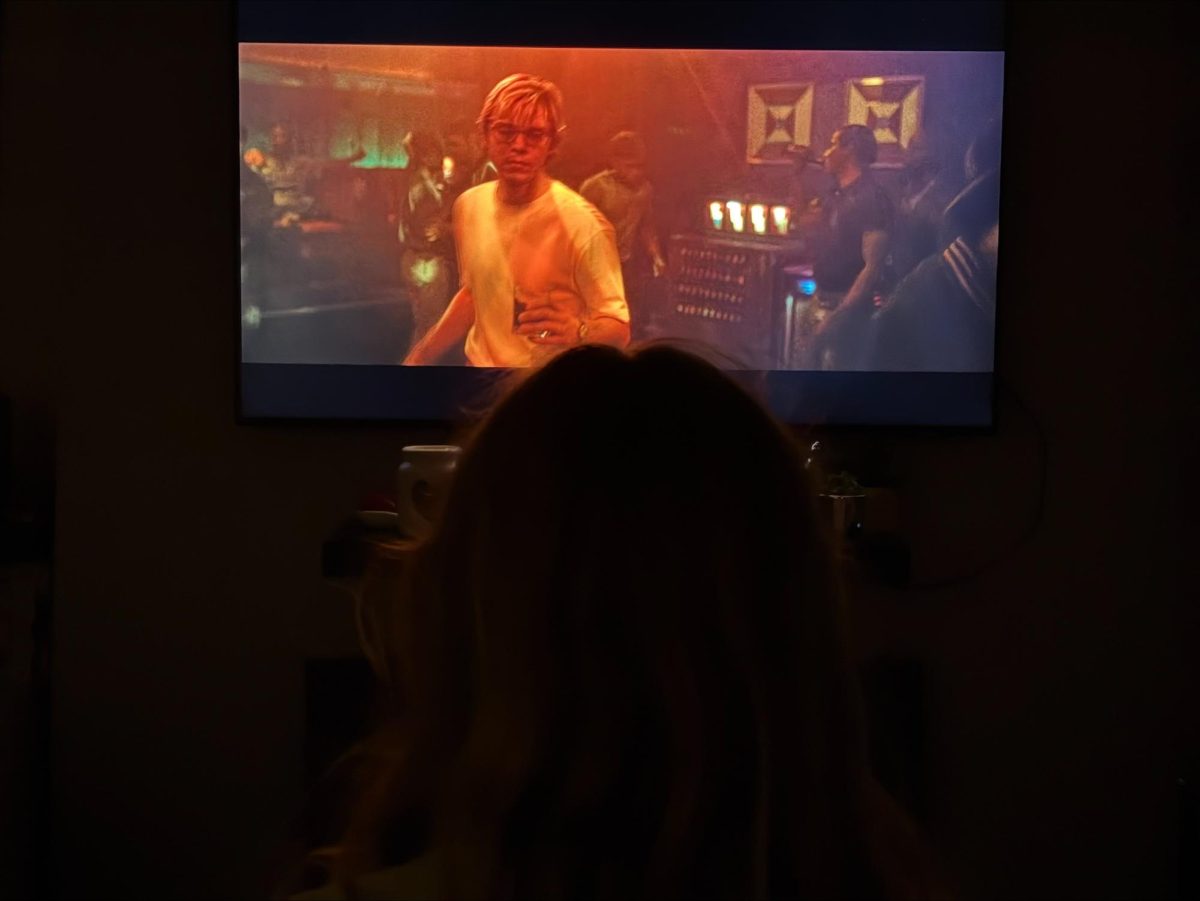
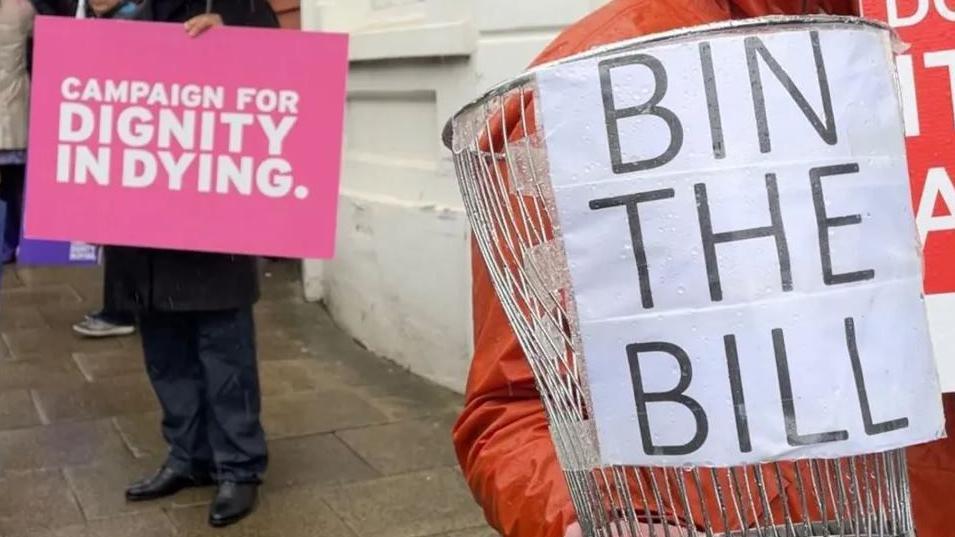
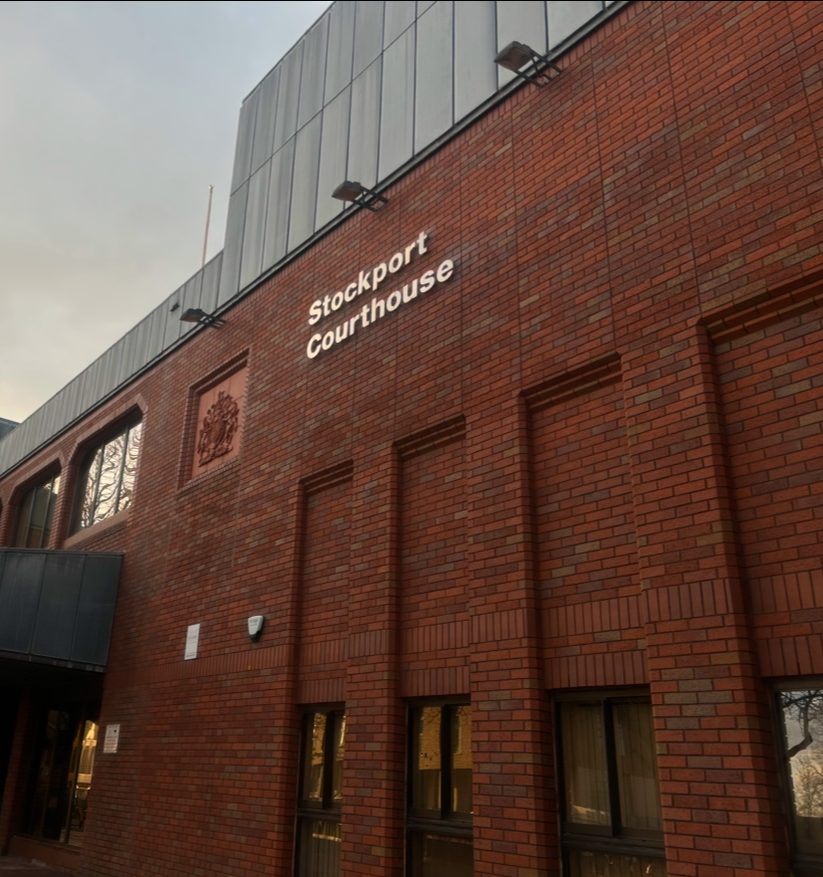
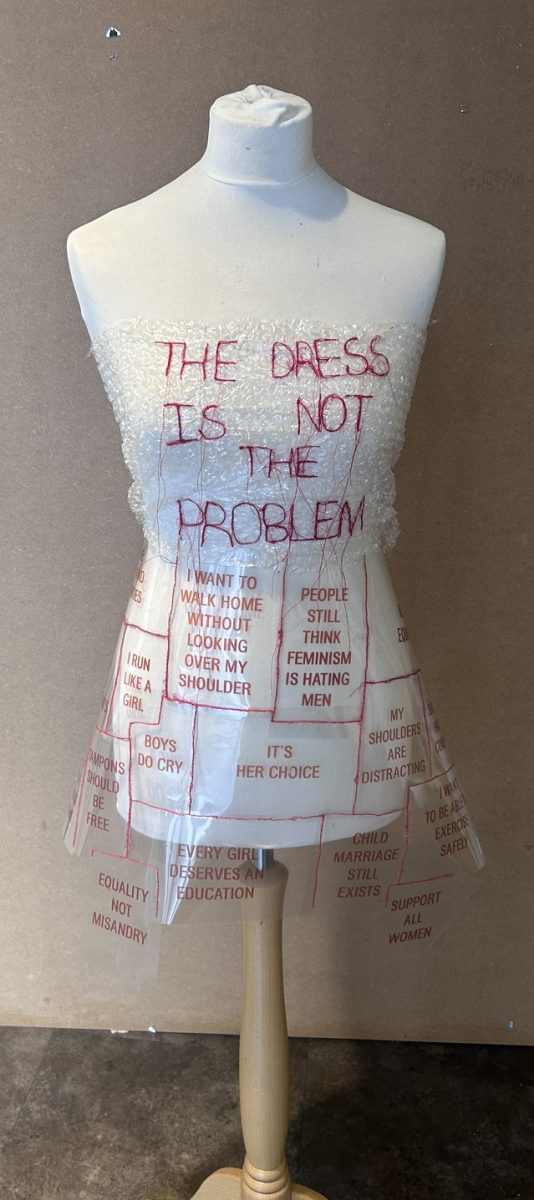
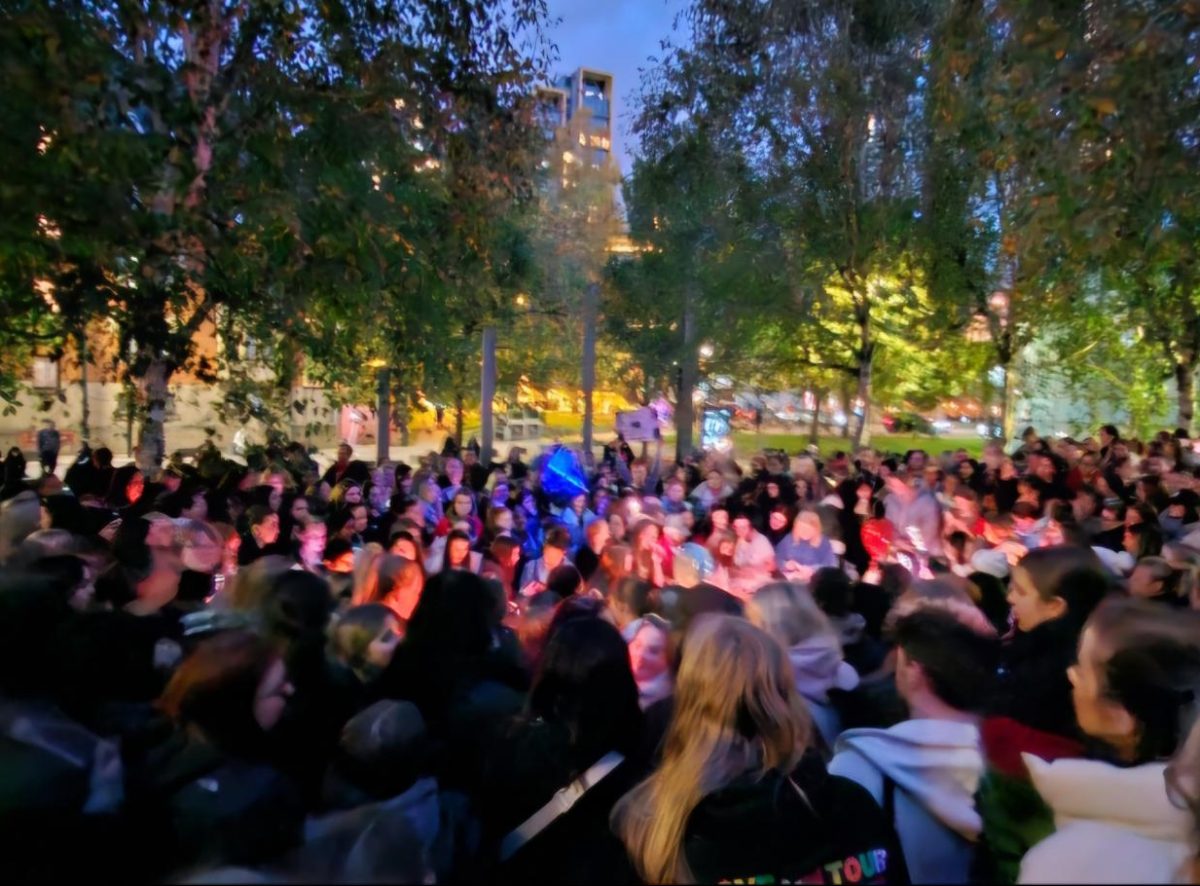
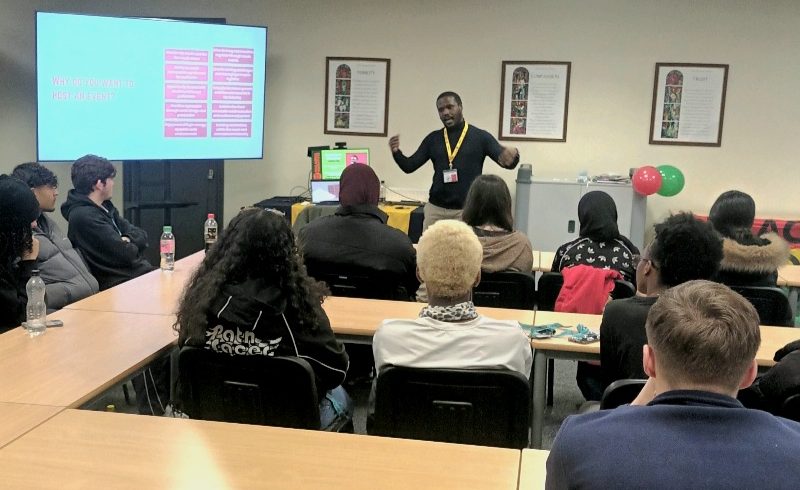
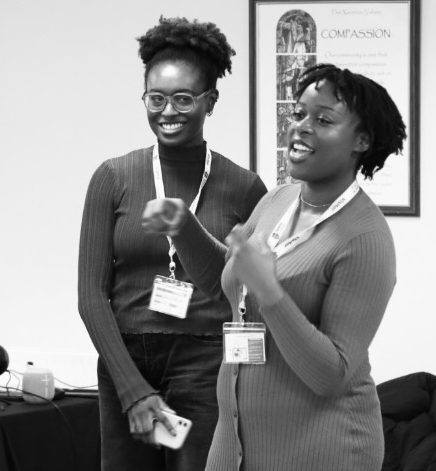
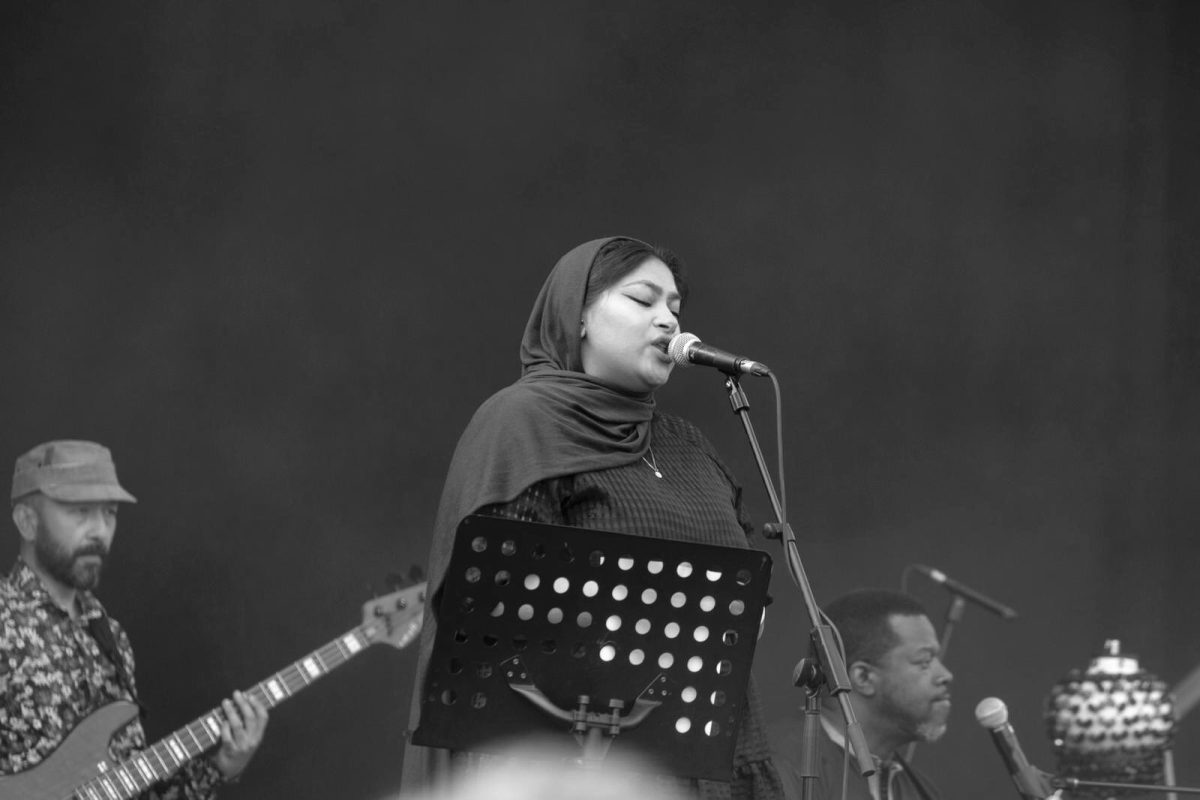
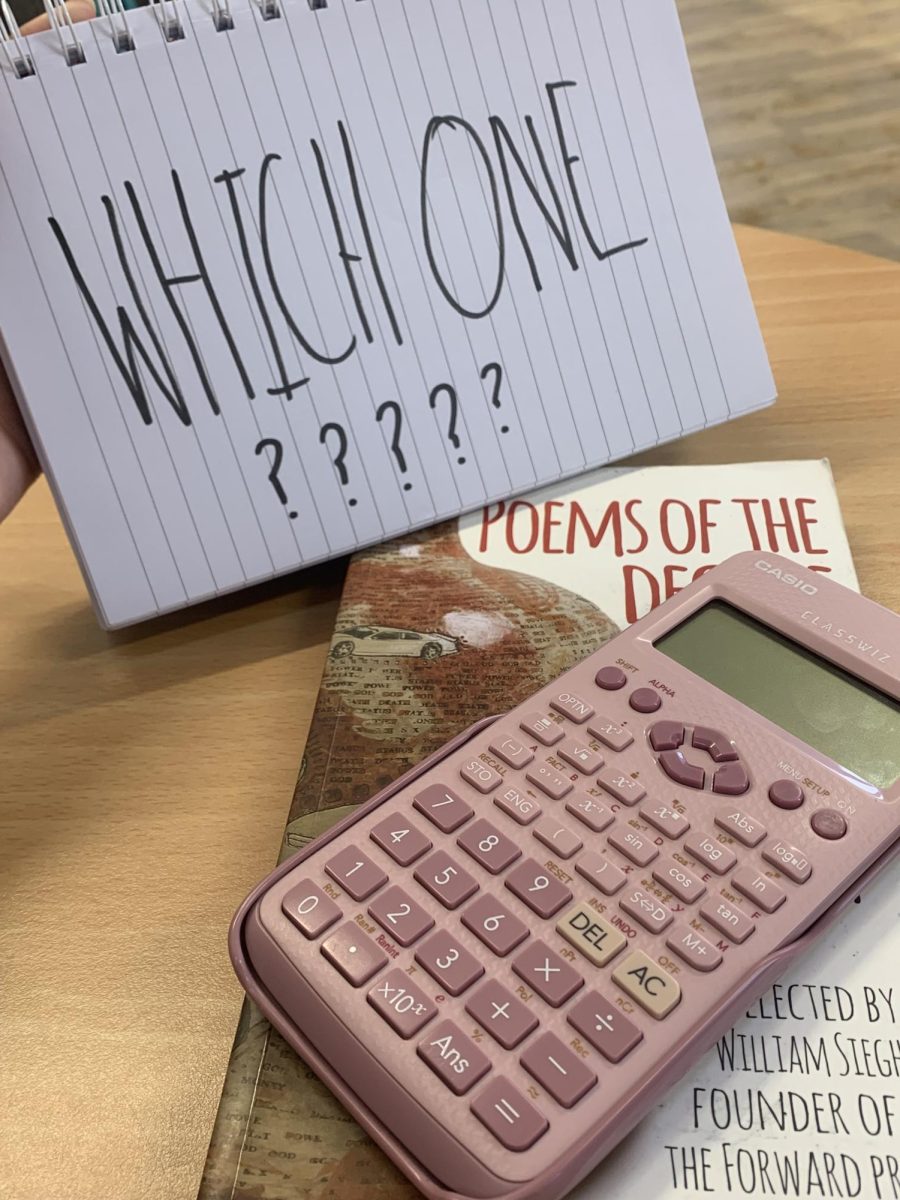
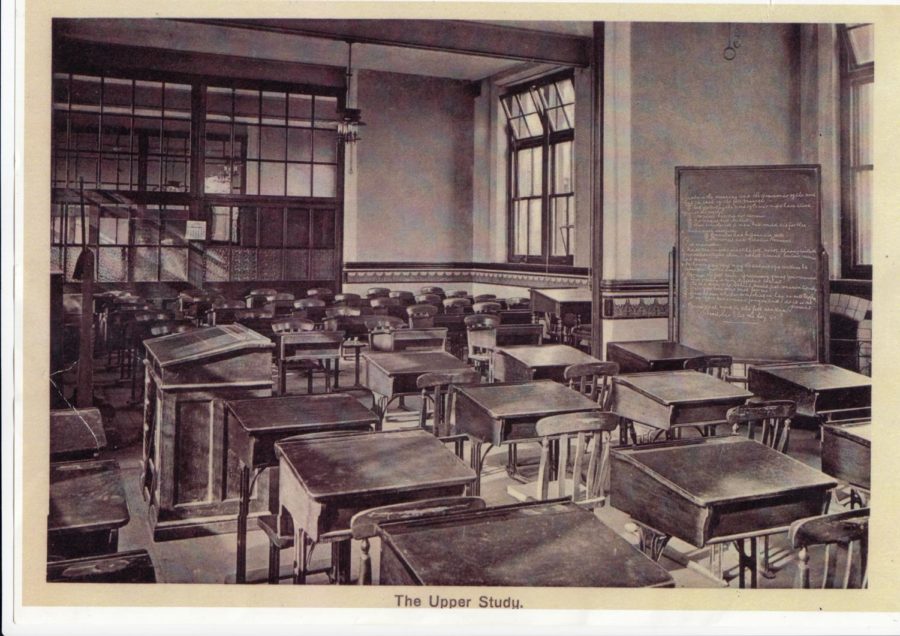
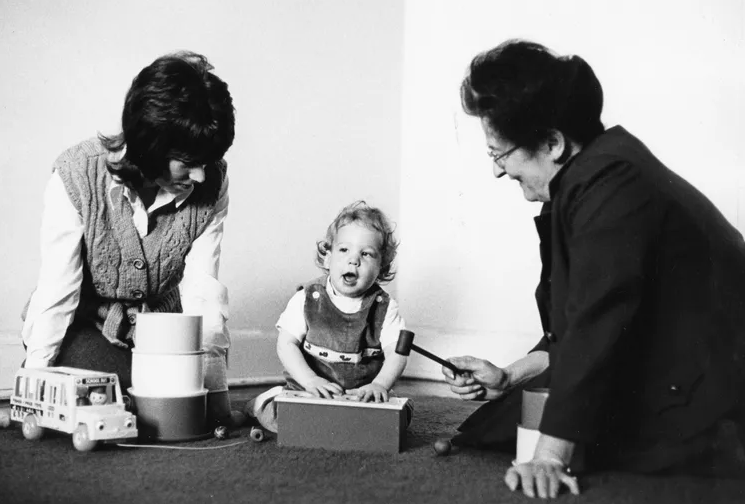
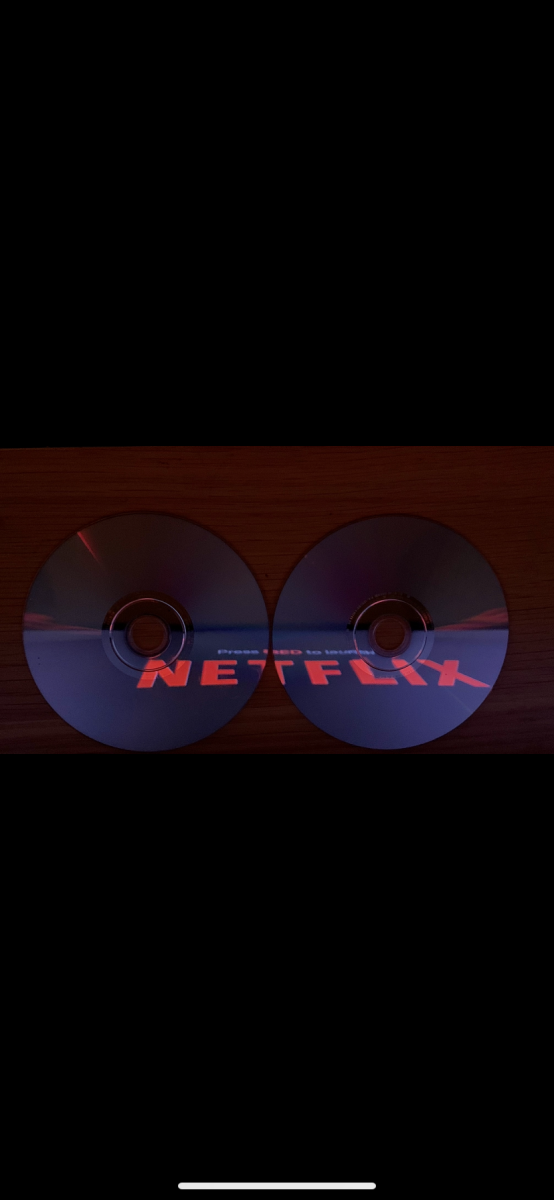
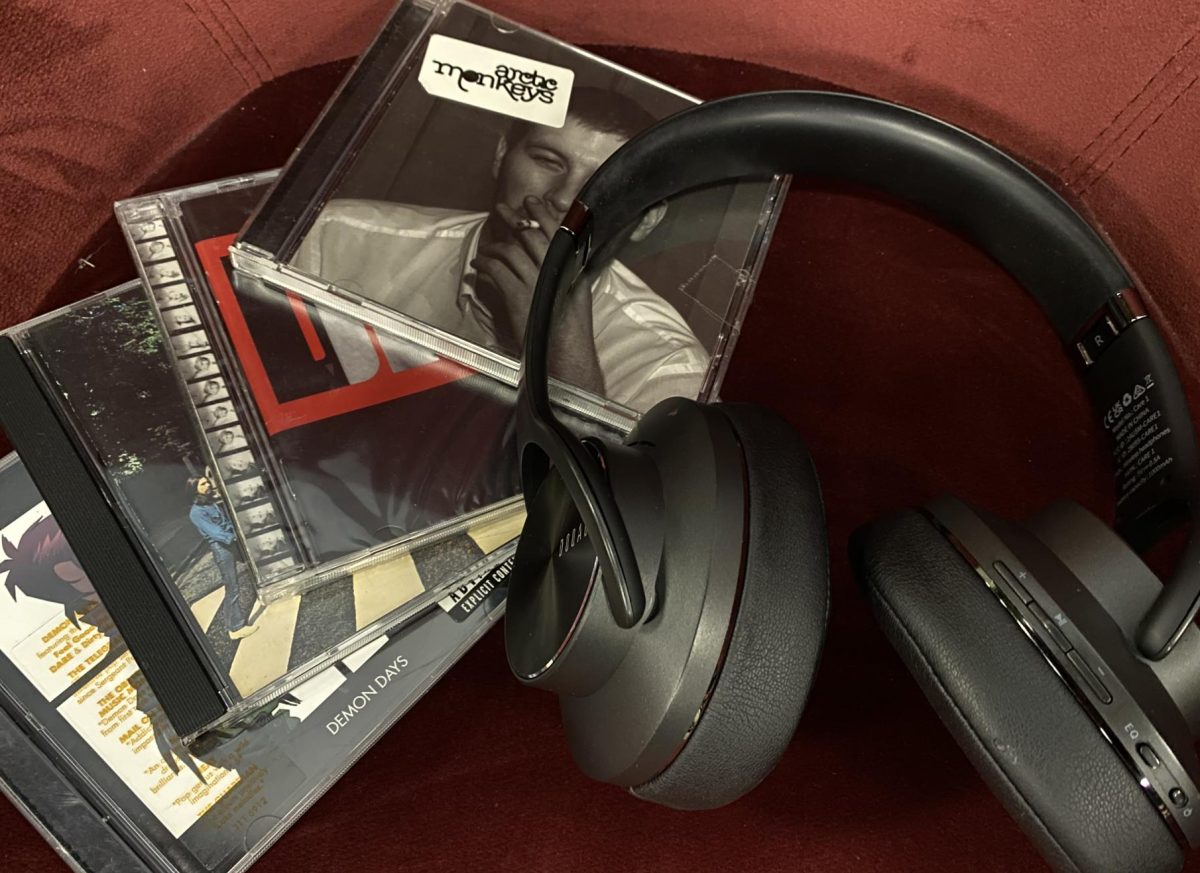

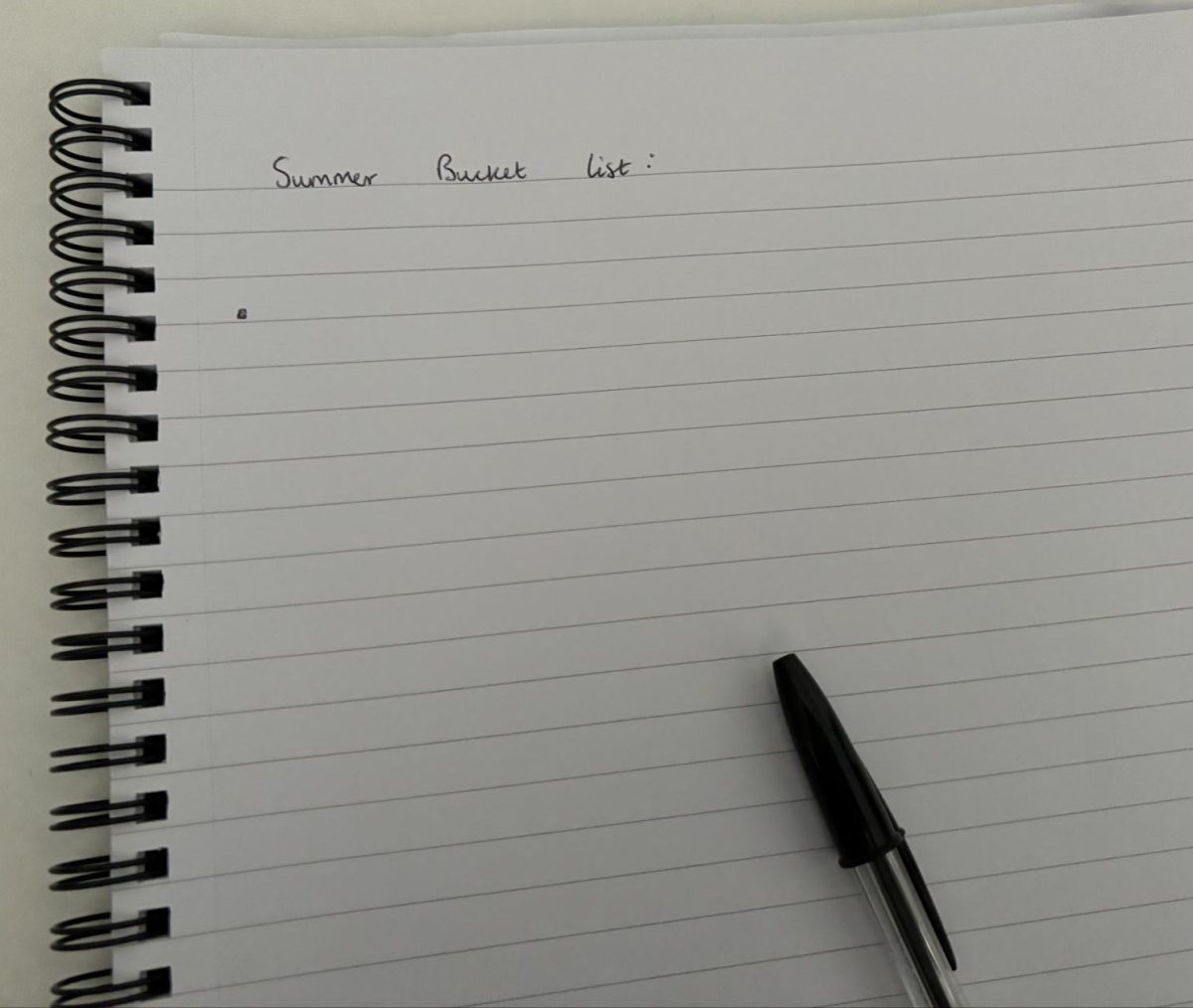
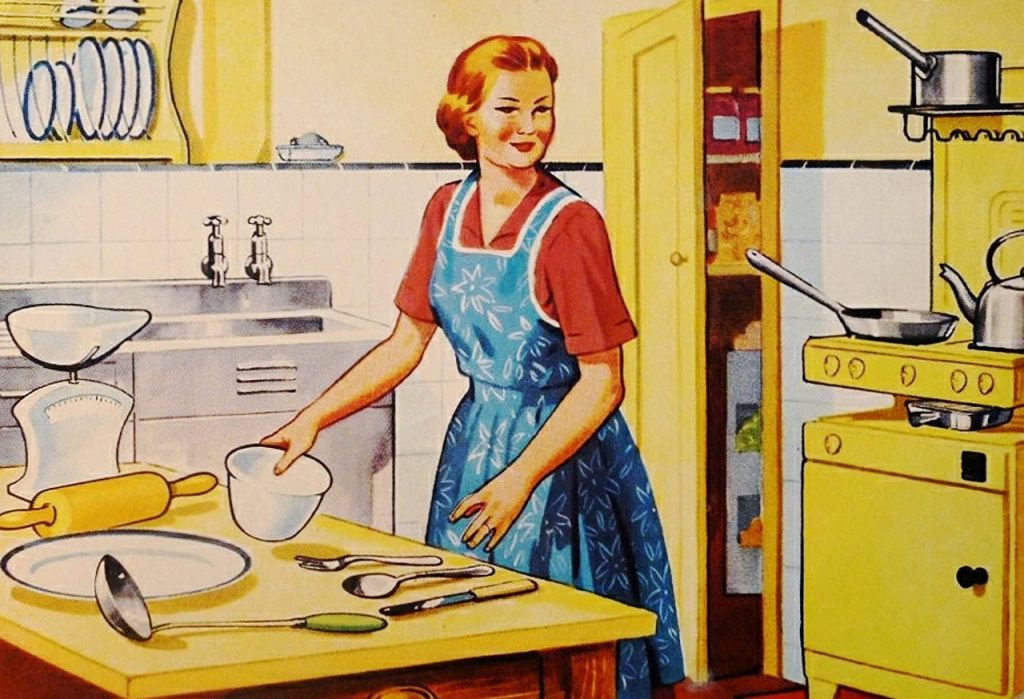

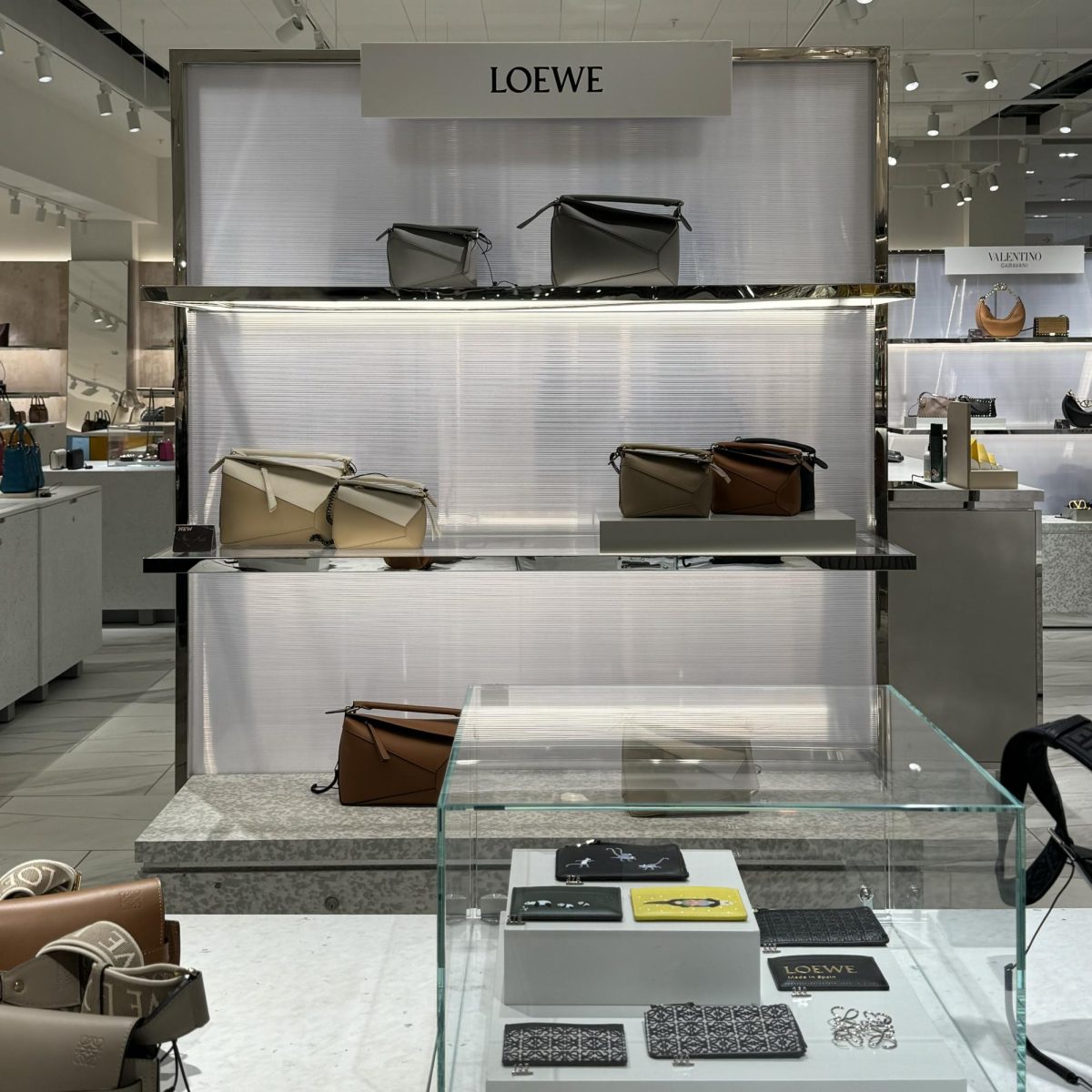
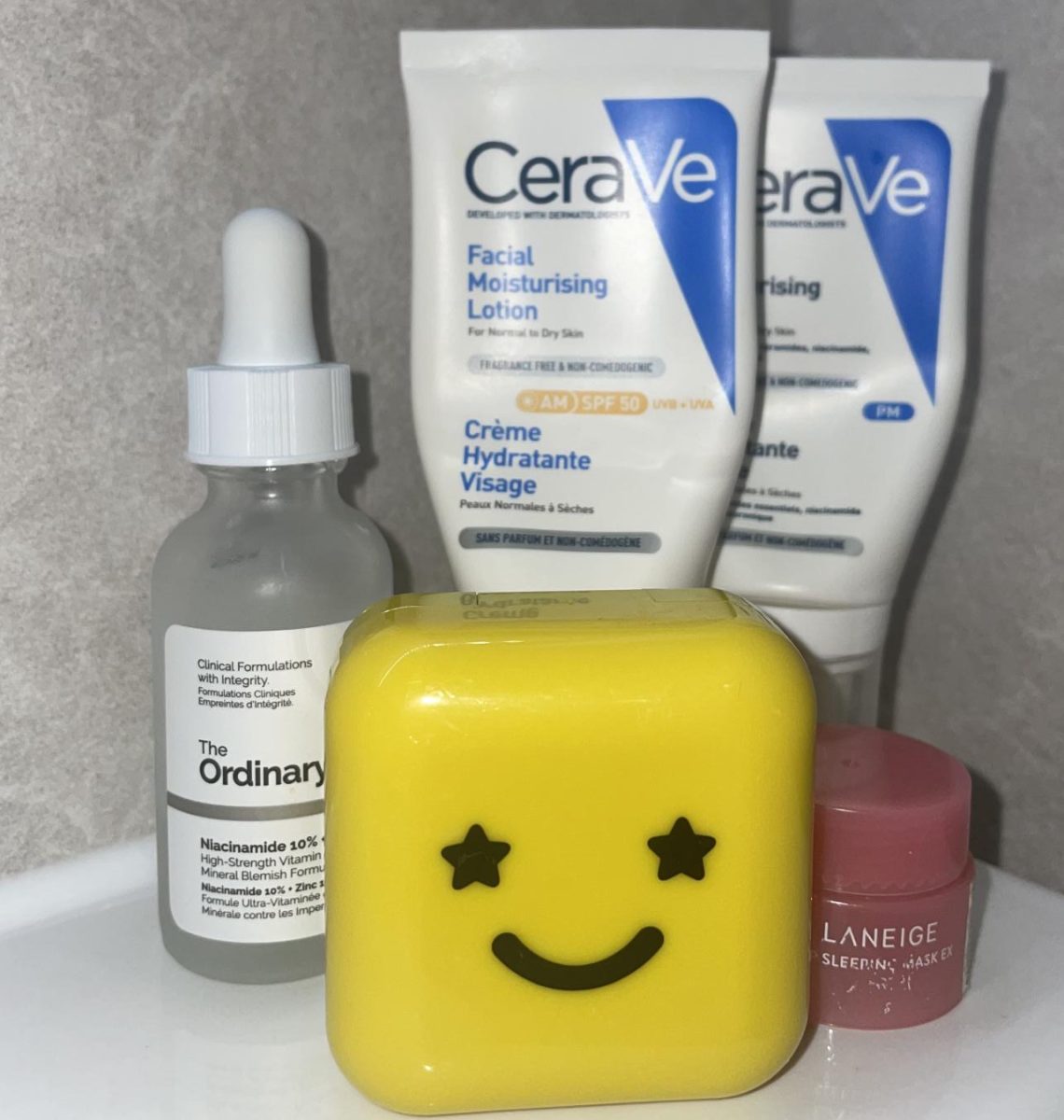
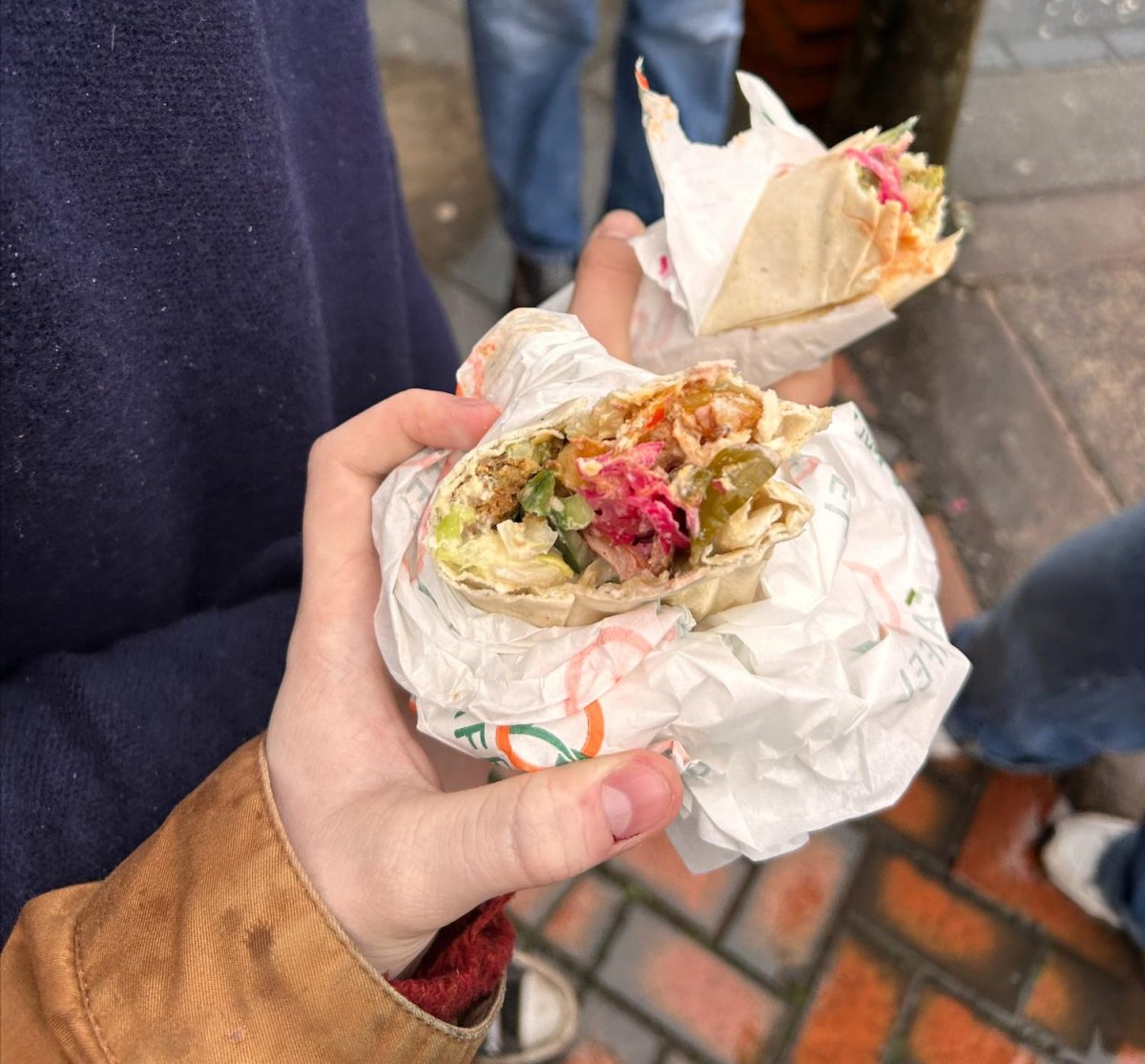
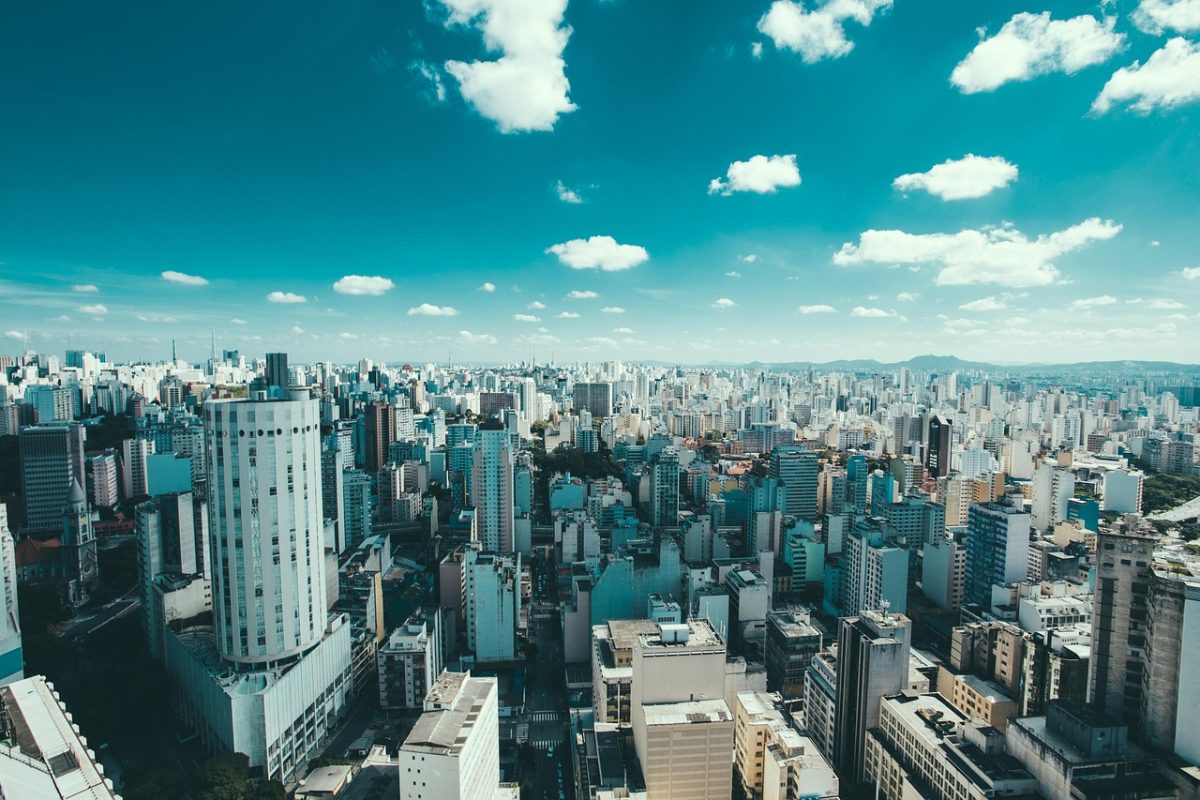


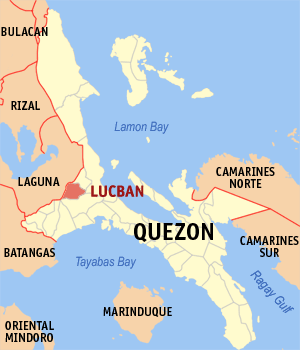

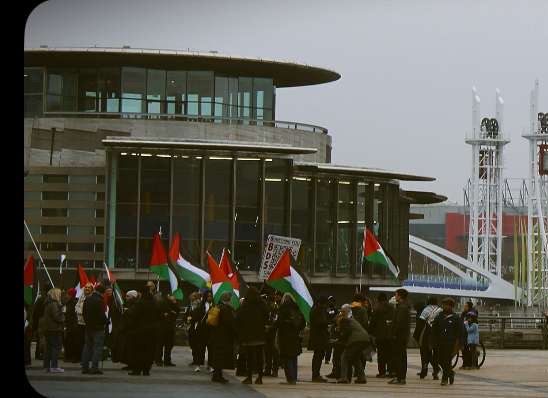
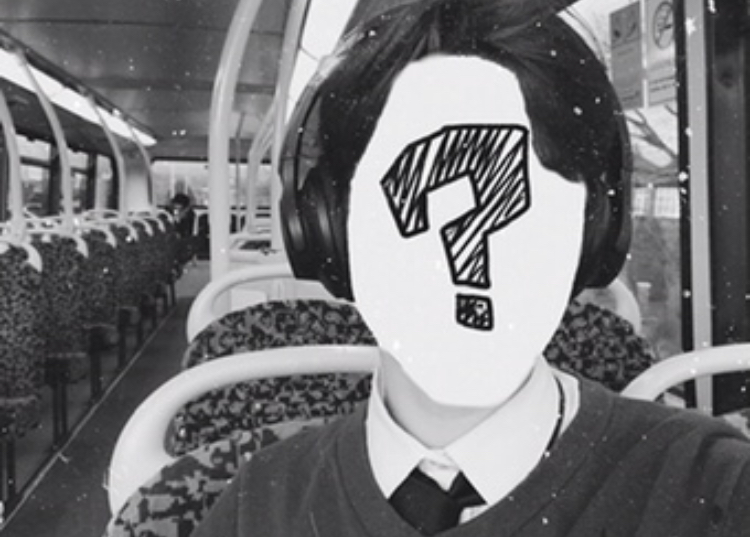
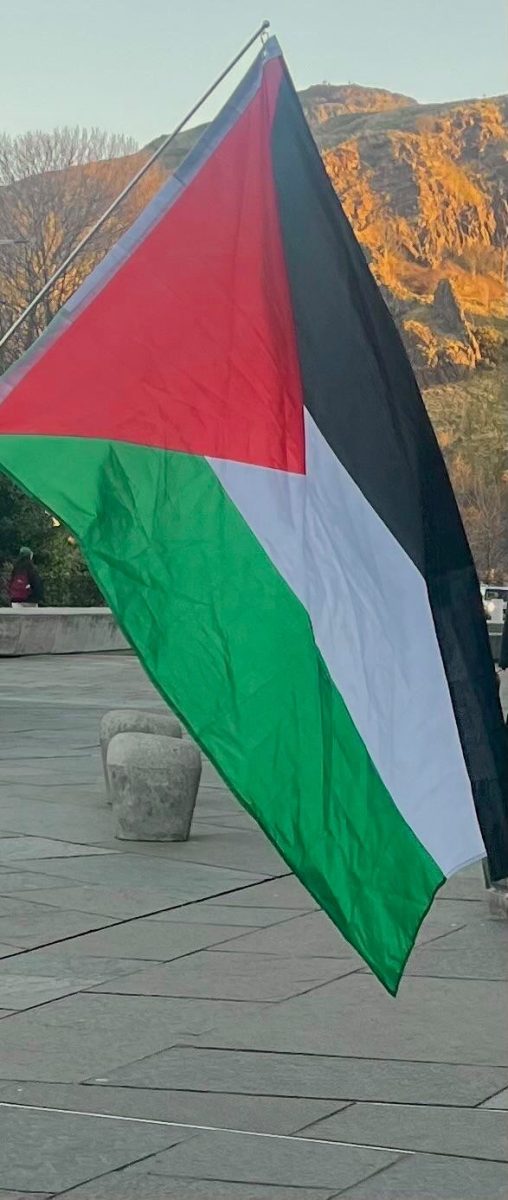


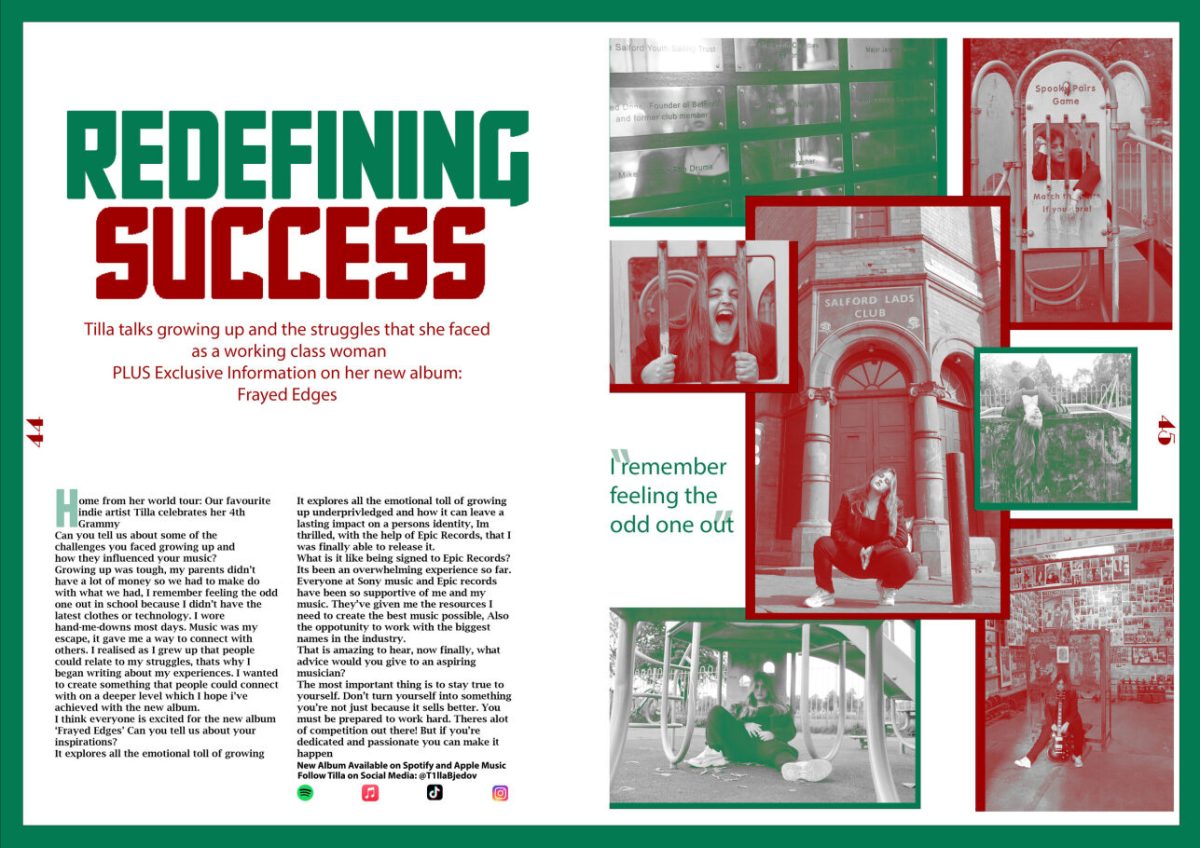


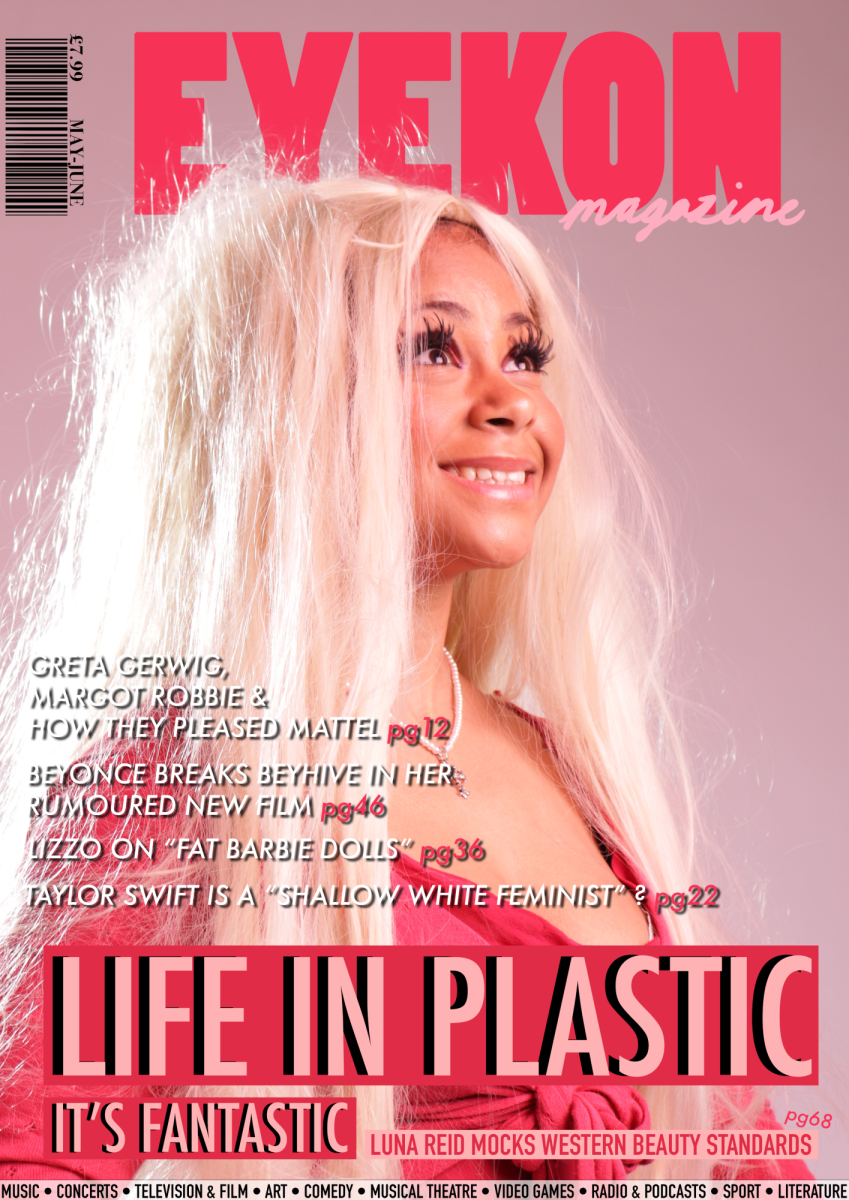
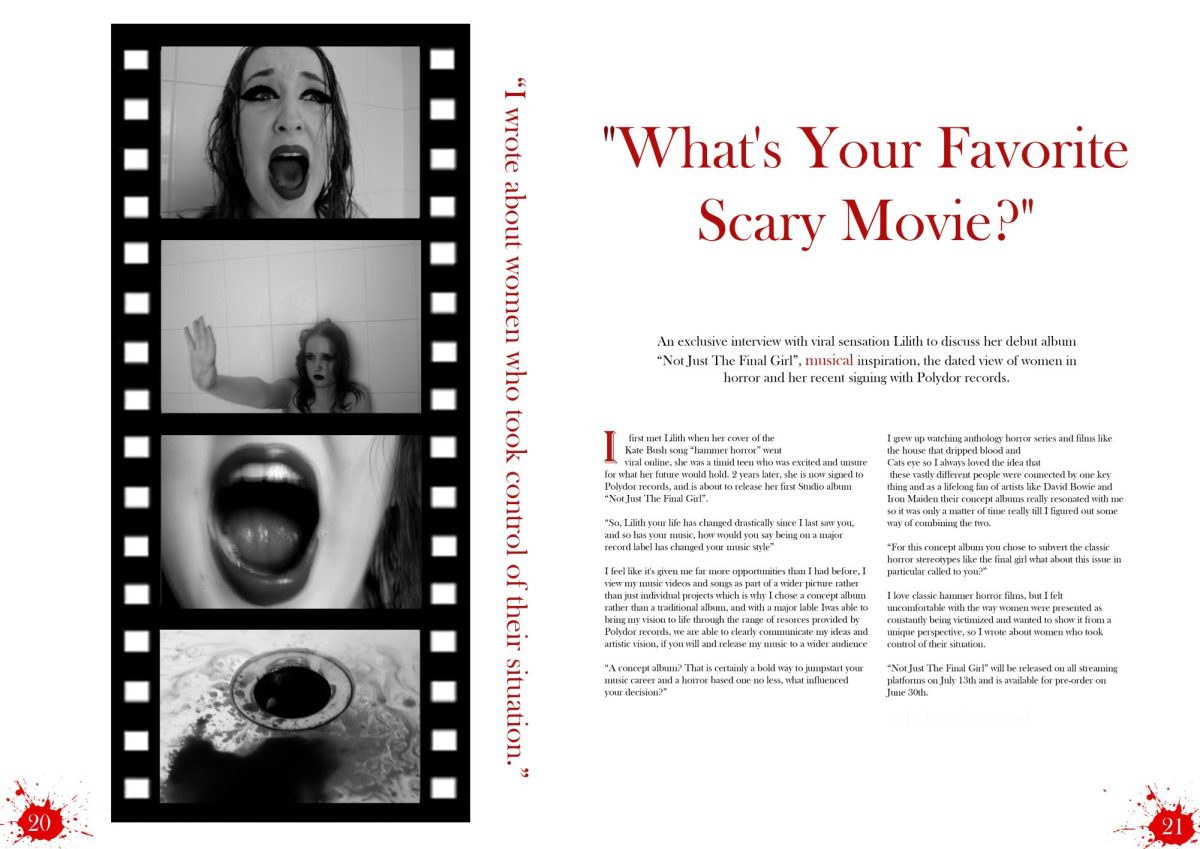

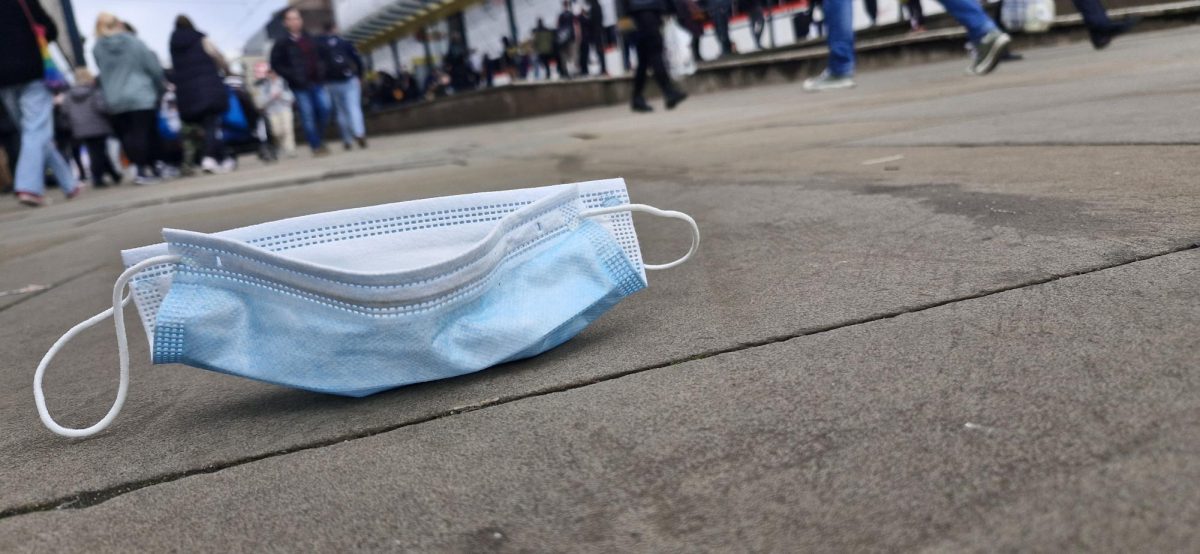

Emily Murphy-Jones • Apr 2, 2025 at 6:48 am
statistically supported as well as offering multiple stories and viewpoints on the situation, including opinions from professionals. Allows people to realise the true heroic acts of health workers
Jacqui Shirley - Organiser • May 9, 2024 at 8:51 am
An really excellent article with a wide range of research. The personal stories and quotes had real impact. A real reminder for us all not to forget healthcare workers